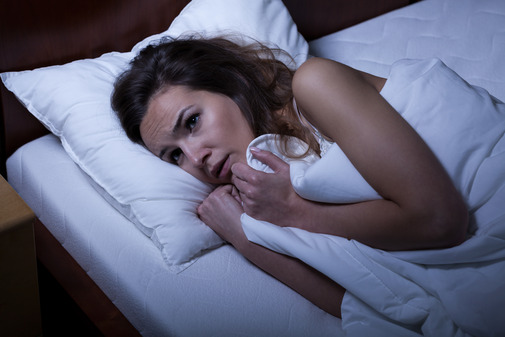
Nightmares can be unsettling for anyone, but for those with sleep apnea, they can be an all too frequent occurrence. Understanding the connection between sleep apnea and nightmares is crucial for finding solutions that promote restful sleep. Read on to learn more about this phenomenon and explore practical steps to improve sleep quality and banish unsettling dreams!
The Link Between Sleep Apnea and Nightmares
Sleep apnea is a sleep disorder characterized by repeated interruptions in breathing during sleep. These pauses, known as apneas, can occur numerous times throughout the night, leading to fragmented sleep patterns and a host of associated symptoms. One lesser-known consequence of this condition is the increased likelihood of experiencing nightmares.
How Does Sleep Apnea Contribute to Nightmares?
The interruptions in breathing associated with sleep apnea can trigger the body’s fight-or-flight response, leading to a sense of suffocation and panic during sleep. These feelings of fear and distress often manifest as vivid, unsettling dreams. Additionally, studies have shown that people with severe sleep apnea spend less time in REM (rapid eye movement) sleep, the stage of sleep most closely associated with dreaming. As a result, the opportunities for experiencing nightmares may be heightened in those with untreated OSA.
Understanding the Real-World Effects of Nightmares
Beyond the immediate discomfort of waking from a nightmare, the effects of sleep apnea-related nightmares can extend into your day-to-day life. Research has found a significant correlation between the unpleasantness of dreams and daytime anxiety and depression. The stressors of daily life can infiltrate sleep, exacerbating the cycle of disturbed sleep and negative mood states.
How to Enjoy More Restful Sleep
Fortunately, if you have sleep apnea, there are steps you can take to improve your sleep quality and reduce the frequency of nightmares:
- Seek professional evaluation. If you think you may have sleep apnea, you should undergo a sleep study to receive an accurate diagnosis. This will provide crucial insights into the severity of your condition.
- Explore treatment options. Treatment for sleep apnea varies depending on severity and patient preference. Continuous positive airway pressure (CPAP) therapy is a common treatment that helps keep the airway open during sleep. Alternatively, oral appliances may be recommended for some patients. Working closely with a healthcare provider can help you find the most effective treatment approach for your needs.
- Make lifestyle changes. Avoiding alcohol and caffeine close to bedtime, establishing a consistent sleep schedule, and maintaining a healthy weight can all contribute to improved sleep quality.
About the Practice
Under the guidance of sleep expert Dr. Jeff Rodgers, Sleep Better Georgia is dedicated to delivering compassionate care that aims to improve the quality of sleep for every patient. Our services include various treatments for sleep apnea, such as oral appliance therapy. To learn more about how addressing sleep apnea can reduce nightmares, reach out to us via our website or call (770) 394-4310.
